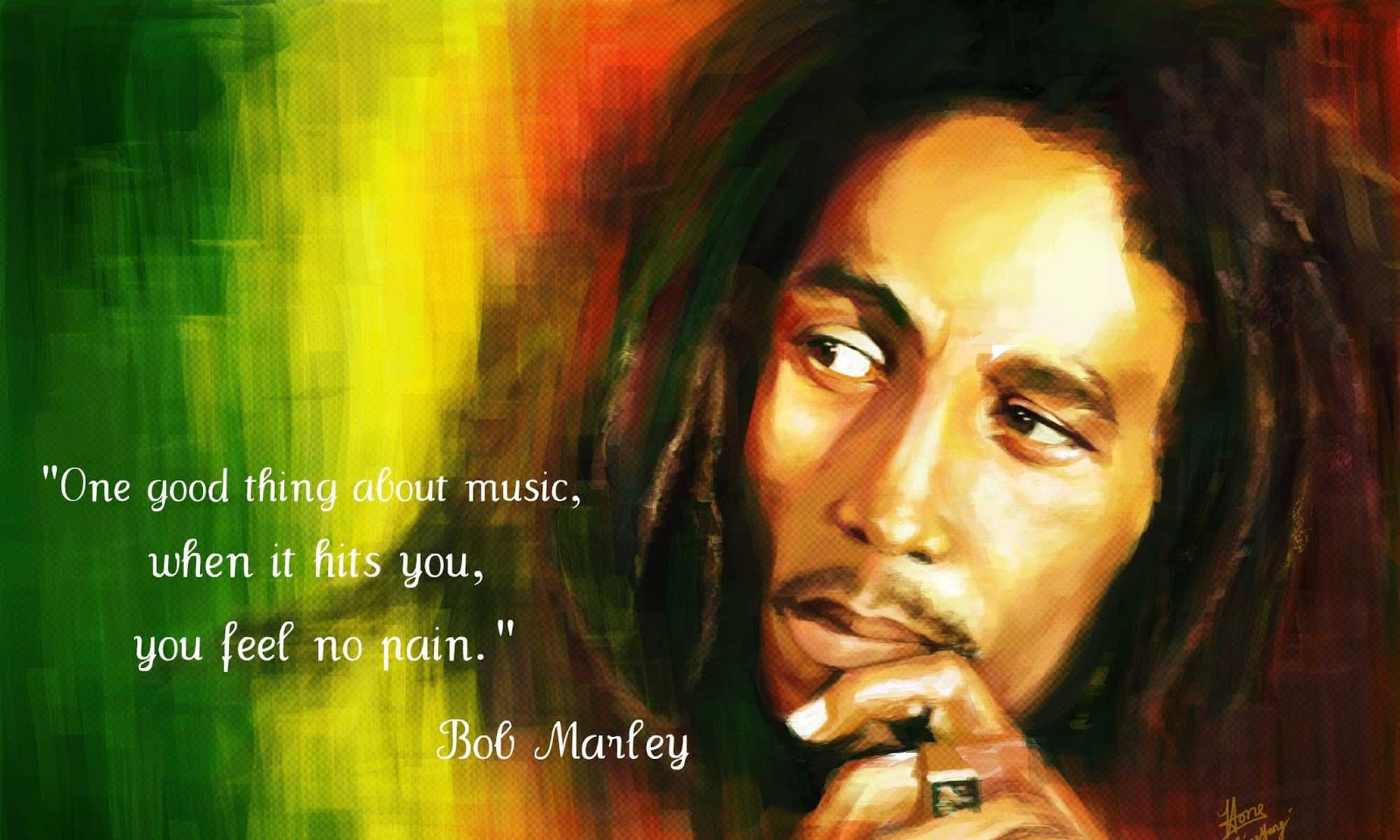Swahili is a Bantu language that is spoken by millions of people in East Africa, primarily in Tanzania, Kenya, Uganda, Rwanda, Burundi, and the Democratic Republic of Congo. It is also used as a lingua franca in the region, meaning that it is used as a common language for communication between people who speak different native languages. Swahili has a relatively simple grammar compared to other Bantu languages, with a subject-verb-object word order and a system of noun classes that affect the structure of the language. It is a predominantly oral language, with a rich history of oral literature and poetry. Swahili has borrowed words from various languages, including Arabic, English, Portuguese, and Hindi, due to historical trade and colonial influences. As a result, it has a diverse vocabulary. Swahili is the official language of Tanzania and Kenya, and it is also recognized as an official language of the African Union and the East African Community. It is taught in schools and widely used in government, media, and business.
English Words
Swahili Words
Welcome Karibu
Good morning (Morning greeting) Habari ya asubuhi
Good afternoon (Afternoon greeting) Habari ya mchana
Good evening (Evening greeting) Habari ya jioni
Good night Usiku mwema Lala salama (sleep well)
Goodbye Kwaheri
Good luck! Kila la heri(
Have a nice day Nakutakia siku njema!
Have a nice meal Ufurahie chakula chako (sg) Furahieni chakula chenu (pl) Chakula chema
Have a good journey Safari Njema
Do you understand? Umeelewa?
Yes Ndiyo
No Hapana
Hello Habari, hujambo(sg) hamjambo (pl)
What is your name? Jina lako nani?
Am fine Salama, nzuri
Where are you from? Umetoka wapi?
Am from… Nimetoka..
I understand Nimeelewa
I don’t understand Sielewi
I don’t know Sijui
No thank you Hapana Asante
Stop Acha/ Usiendelee
Sorry Samahani
Thank you Asante, Asante Sana, sg(Asanteni(pl)
Congratulation Hongera
Day
Siku
Monday Jumatatu
Tuesdays Jumanne
Wednesday Jumatano
Thursday Alhamisi
Friday Ijumaa
Saturday Jumamosi
Sunday Jumapili
Month
Mwezi
Junuary Mwezi wa kwanza
February Mwezi wa pili
March Mwezi wa tatu
April Mwezi wa nne
May Mwezi wa Tano
June Mwezi wa sita
July Mwezi wa Saba
August Mwezi wa Nane
September Mwezi wa Tisa
October Mwezi wa Kumi
November Mwezi wa kumi na moja
December Mwezi wa kumi na mbili
Year Mwaka
Month Mwezi
Sun Jua
Moon Mbalamwezi
Numbers
Namba
One Moja
Two mbili
Three Tatu
Four Nne
Five Tano
Six Sita
Seven Saba
Eight Nane
Nine Tisa
Ten Kumi
Twenty Ishirini
Thirty Thelathini
Fourth Arobaini
Fifty Hamsini
Sixty Sitini
Seventy Sabini
Eighty Themanini
Ninety Tisini
One Hundred Mia moja
Two hundred Mia mbili
Three hundred Mia tatu
Four Hundred Mia nne
Five Hundred Mia Tano
Six hundred Mia Sita
Seven hundred Mia Saba
Eight hundred Mia Nane
Nine hundred Mia Tisa
One thousand Elfu moja
Head Kichwa
Hair Nywele
Face Uso
Hand /hands Mkono (sg) Mikono (pl)
Stomarch Tumbo
Leg/s Mguu(gl) Miguu(pl)
Chakula Food
Tea Chai
Water Maji
Father Baba
Mother Mama
Grand father Babu
Gand mother Bibi
Kids/Children Mtoto/Watoto
Aunt Shangazi
Cloth/ Clothes Nguo
Shoe/ Shoes Kiatu (sg) Viatu (pl)
Car/s Gari/sg) Magari (pl)
Dark /Darkness Giza
Light Mwanga
bird/s Ndege
Animals-
Wanyama (Mnyama-Animal)
Buffalo Mbogo au Nyati
Cheetah Duma
Elephant Tembo/ Ndovu
Giraffe Twiga
Hippo Kiboko
Hyena Fisi
Leopard Chui
Lion Simba
Rhino Kifaru
Warthog Ngiri
Wildebeest Nyumbu
Zebra Punda milia
Ng’ombe Cow
Mbuzi Goat (sgl) Goats (pl)
Kondoo Sheep
Chicken Kuku
Bull Ng’ombe Dume
cock Jogoo
Baby Elephant
Mtoto wa tembo
Cat Paka
Dog Mbwa

